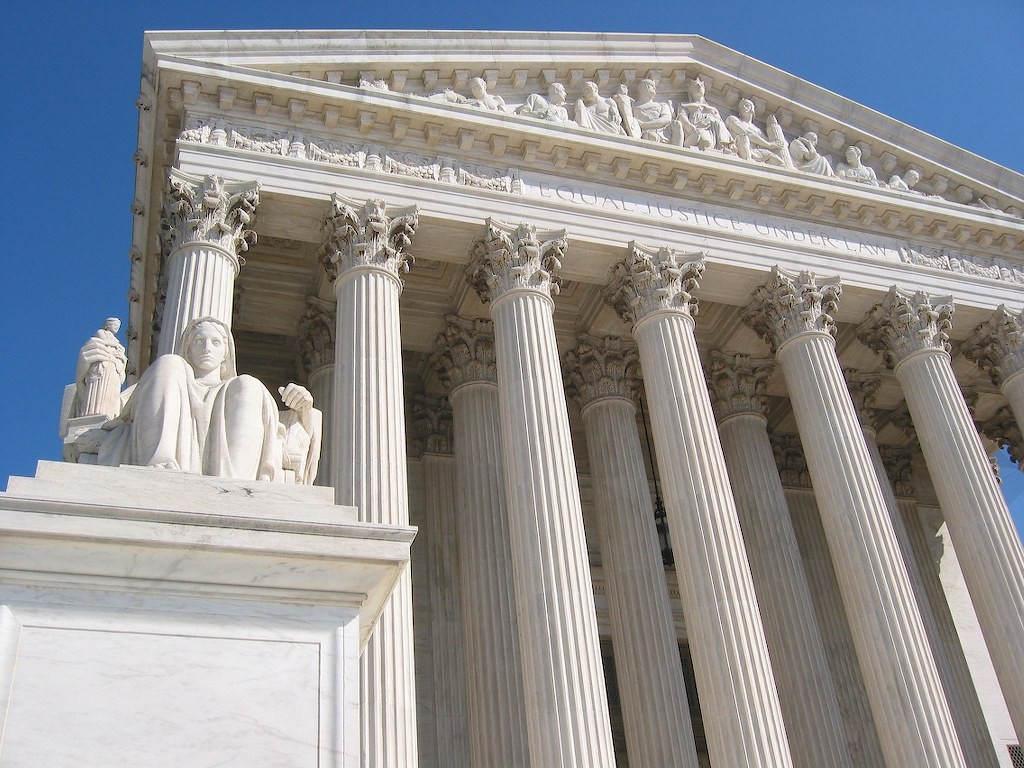New York, New York — Yesterday, Professor Katherine Franke (Faculty Director of the Law, Rights, and Religion Project and James L. Dohr Professor of Law) and 8 other scholars of law and religion filed an amicus brief with the U.S. Supreme Court in Fulton v. City of Philadelphia. The case raises the question of whether a Catholic social service agency that accepts public funding from the City of Philadelphia to provide child welfare services, can use that funding to deny services to same-sex couples seeking to adopt or foster children. In this case, the agency claims that it need not comply with Philadelphia’s human rights law (prohibiting discrimination on the basis of sexual orientation and other bases) because it claims a religious exemption from the law. It is worth noting that if the Supreme Court accepts the radical claim to an exemption made in this case, any entity could cite their religious beliefs as a justification for sexual orientation discrimination, and could also deny services to members of the public on the basis of their religion, race, national origin, disability, and other protected identity. This case threatens to unravel civil rights protections for all protected groups throughout the country.
The amicus brief submitted by the scholars of law and religion urges the Court to uphold Philadelphia’s human rights law in the face of a demand for a broad religious exemption because such an exemption would coerce third parties into bearing the costs of the agency’s religious beliefs. "The exemption would shift significant harms—both material and dignitary—onto prospective LGBTQ foster parents as well as children in the foster care system,” they argued. "Forcing someone to shoulder the costs of another’s religious commitments amounts to a tax that favors a particular religion, infringing non-adherents’ freedom of conscience and undermining their equal standing, in violation of the Religion Clauses” they concluded.
The brief is available for download here. And the list of law professors who joined the brief is here.
The Supreme Court will hear oral arguments in the case on November 4, 2020.
# # #
The Law, Rights and Religion Project is a law and policy think tank based at Columbia Law School that promotes social justice, freedom of religion, and religious plurality. The Project develops strategic thought leadership on the complex ways in which religious liberty rights interact with other fundamental rights

